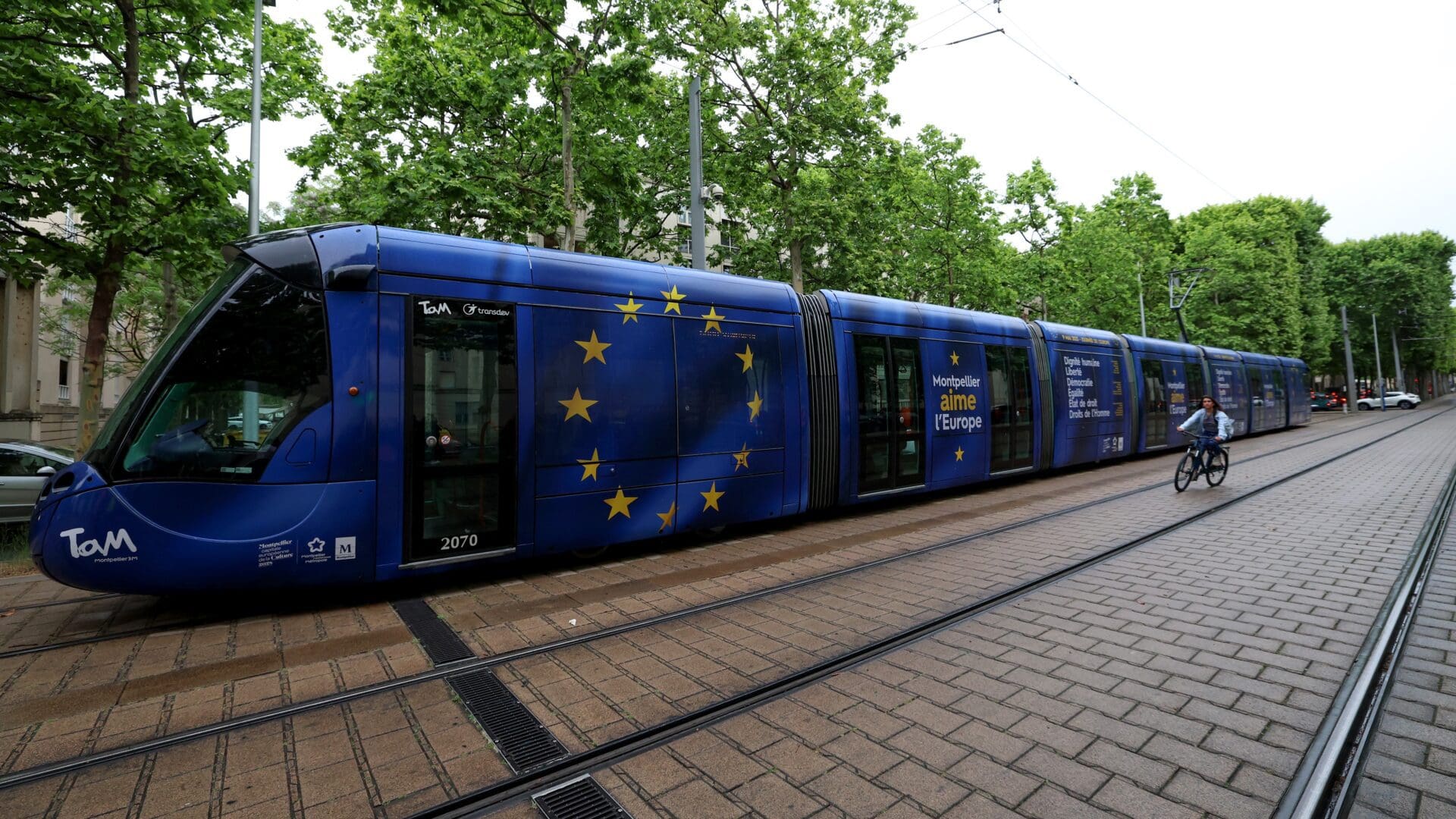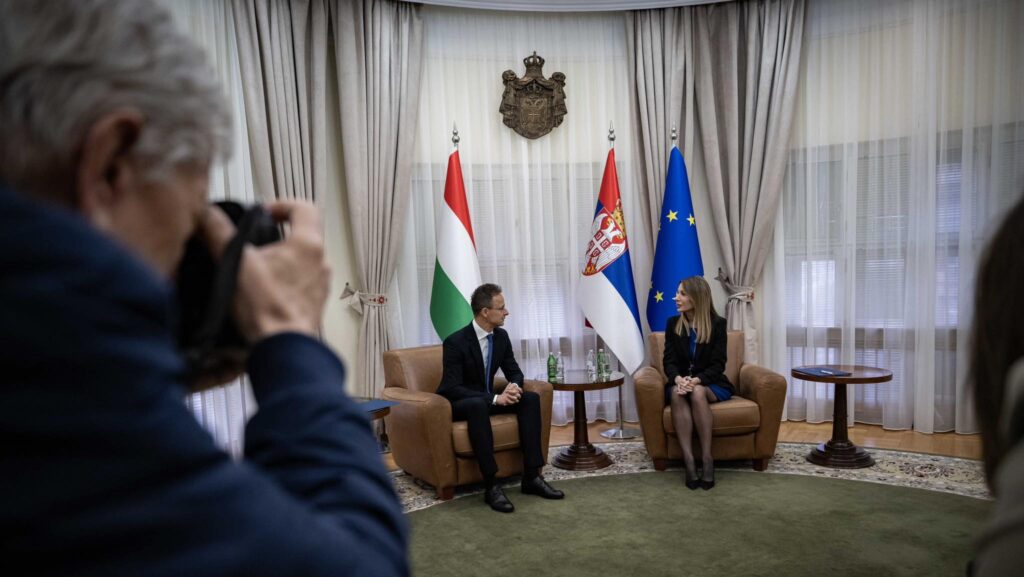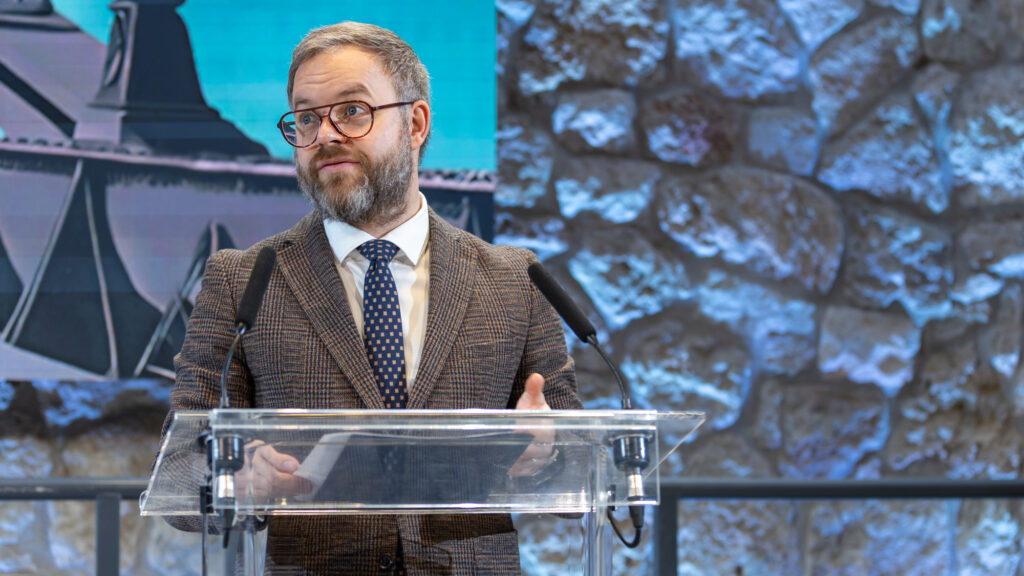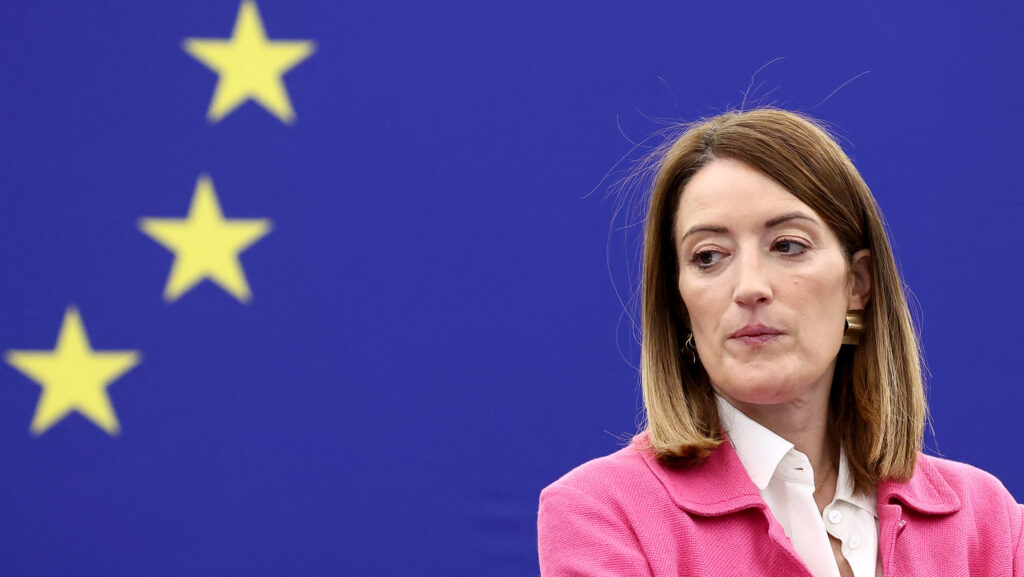Earlier this week, on 9 May, Europe Day was celebrated. Once? Twice! Or at all? For those of you who don’t know what Europe Day is, let me explain. It is a day officially designated to celebrate the European Union and ‘peace and unity in Europe’. Is it an official holiday?
Yes and no. Actually, we are talking about two official celebration days, not one. There is 5 May, which is the Europe Day officially recognised by the Council of Europe. The Council decided in 1964 to introduce Europe Day as a way of remembering the founding day in 1949 of the organisation that has been an important forum for the states of the continent to meet and debate common European issues with the aim to enhance economic and social development.
But even though the Council of Europe does use the European flag and the Anthem of Europe, it is not an institution of the European Union (EU). The EU was created later and is today the stronger of the two. So the EU, to be more precise, the European Community as the predecessor of the EU, decided in 1985 to make 9 May an official Europe Day of its own, marking the anniversary of the Schuman Declaration on 9 May 1950, which many consider the beginning of the European unification process.
But can you decide on a celebration by decree? Can a technical decision make people happy? I wonder what answers one would get if people were asked on 5 May, 9 May, or even 8 May (because that is also a Europe Day, but only in some German regions) if they know what day it is and what they are celebrating. My guess is it is only in Germany, Luxemburg and Kosovo that people would provide vaguely positive answers.
The Germans do not celebrate much besides Oktoberfest anyway, and certainly do not have big parties celebrating their nationhood—any more. The German Unity Day, for many reasons, is no day for celebration and it is not the only one in grey, cold, rainy October. Germans used to have days with beer and flags and happiness, too, in the old days. For instance, when they still had a World-Cup-winning football team! So now they are quite happy to have something to celebrate in nice May weather, with flags (even though they are blue with golden stars) and an Anthem (even if it is not theirs). In many German regions they declare Europe weeks and have fun.
But of course 9 May was not celebrated this year. Nor was 5 or 8 May for that matter. Why? Because, unfortunately, they fell on normal working days and none of the Europe Days are public, non-working holidays. So perhaps the Germans celebrated the Europe weekend between those dates.
But Europe Day was definitely a happy day in Luxembourg and Kosovo this year. Because these are the only two states in Europe who have recently declared the date a non-working holiday. Luxembourg and Kosovo. And Kosovo was first.
So who did celebrate Europe Day? Well, to be honest, not many Europeans. But not only because it is unclear which one is the real Europe Day. And it is not only because it is not a public holiday. It is because there is nothing to celebrate.
People celebrate on three grounds, and those grounds coincide with what the Hungarian conservative slogan says: God, nation, family.
People have been having religious festivities since the dawn of mankind and since there is religion, so, practically, forever. And people also celebrate their nations or, if you wish, in a broader sense, their communities. Hungarians, for instance, celebrate 20 August, marking the Day of Saint Stephen, the first King and founder of Hungary, paying tribute to the foundation of a Christianity-based Hungary a thousand years ago. And of, people celebrate the smallest unit of their communities, the family and family-related events such as birthdays, wedding anniversaries and the like. There are few people in Europe who include the founding of the Council of Europe or the signing of the Schuman Declaration in one of those three categories.
But is Europe Day therefore obsolete? Is it nonsense like so many EU decisions (and don’t mean the regulation determining the size of cucumbers—that one has been changed—but hundreds that are much worse)? Actually, no! Europe Day is a great idea, but executed in the wrong way. It should be celebrated as a real Europe Day! In fact, Europe does not equal the EU! Europe is a great continent, with wonderful traditions, many nations, many languages, traditions and cultures which many Europeans don’t know well enough themselves.
‘United in Diversity’ is the official slogan of the EU. But the ill-conceived ‘ever closer union’ ideology of the technocratic elite in Brussels, which aims to destroy national and regional diversity and everything which goes with it, God, nation, and family, is in fact against the very diversity the Union advocated.
The European Union was once created to unite Europe, not to unify it. To foster peace, not to send weapons; to strengthen the friendship between nations who have fought each other for centuries, to build communities, not to import problems; to enhance the economy, not to destroy it; to make life easier, not more bureaucratic.
In most of this, the EU has failed; if the EU wants to be a success story in the end, it needs to change!
The EU needs to accept its member states as they are. Without them, the EU is nothing.
They cannot be forced, only convinced. To cooperate by free decision to the advantage of all. It is not an ‘ever closer union’ that we need: we need a better union.
We need the union to respect its nations, from Malta to Finland, from Portugal to Hungary!
How could Greeks celebrate Europe Day when they were forced by the EU to change so many things they did not want during the Euro crisis? How could Italians celebrate Europe Day when the President of the Commission threatens to punish them if they vote in a manner disliked by the EU? How could Poles celebrate the EU when they have to pay millions of Euros to Brussels as punishment for their sovereign decisions? How could Hungarians celebrate the EU, when it is seen as a threat to their ideals, God, nation, and family?
Well, they simply just don’t! As opposed to that, a citizen of Luxembourg probably does celebrate the EU, because they profited one hell of a lot from EU institutions being headquartered in their country and the EU ignoring the tax swamp, and the entire financial fraud and greed system which makes the Luxembourgers so rich and happy. Agreed, maybe not happy, but surely rich.
God, nations, family. United in real diversity. Peace. Prosperity. Security. These would make people happy. They would be celebrating. Hopefully one day we will be celebrating Europe Day as it should be. Because Europe is a great continent, made up of great European nations.








